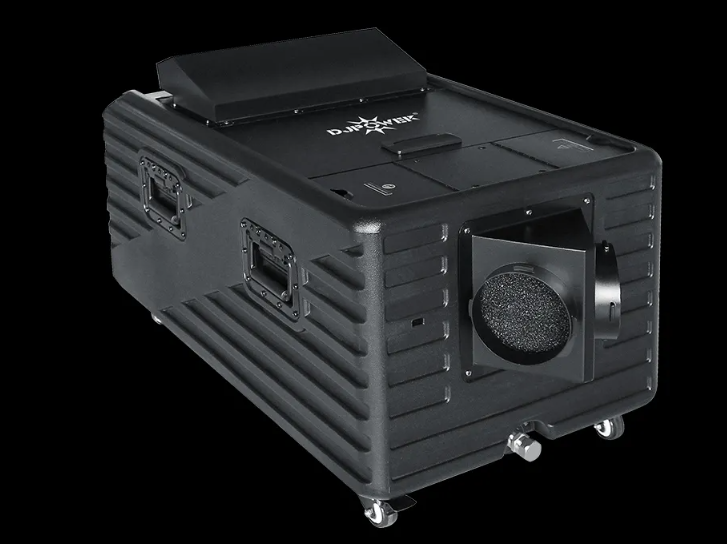Borated polyethylene sheet is a highly effective anti-neutron shielding material with good catalytic activity, low corrosivity to equipment and no environmental pollution. In the medical industry, borated polyethylene is frequently employed as a neutron shield. This material offers great endurance over a wide temperature range and is made of high-density polyethylene plastic with 5% boron content by weight.
What Are The Uses Of Borated Polyethylene?
Borated polyethylene is simple to work with, produce, and install, making it perfect for a variety of shielding applications, including high-intensity x-ray rooms, medical vaults, particle accelerators, hot cells, and more.
The macroscopic cross section for thermal neutrons in boron is extremely high. As a result, the material has a very high thermal neutron attenuation factor. As a result, it offers great protection against thermal neutrons.
With 1% to 30% boron by weight and a high hydrogen concentration, borated polyethylene is a product specifically created for neutron radiation shielding. It is designed to satisfy all requirements for hospital, diagnostic, and cancer treatment facilities in the healthcare industry.
The Industries In Which Borated Polyethylene Is Used
Linear accelerators, nuclear or radiation shielding, industrial use, security in seaports and airports, nuclear submarines, nuclear power plants, border protection, and other uses requiring thermal neutron attenuation are examples of applications.
Boron polyethylene polyboron borated polyethylene rubber sheet is an excellent material for shielding against neutrons. The amount of hydrogen and boron is high in it. It is a lightweight material that can be moulded and machined using common equipment.They come in various sizes in the form of slabs, bricks, cylinders, rods, and tubes.To develop application-specific shielding shapes, they can be fabricated into custom moulds.
What is Boron polyethylene polyboron borated polyethylene rubber sheet used for?
Radiation therapy vaults frequently utilise borated polyethylene to shield duct penetrations. The illustration on the right illustrates the typical shielding needed in this kind of circumstance.
Typically, sheet lead is needed together with 1 or 2 inches of 5% borated polyethylene. The majority of the time, this shielding made of borated polyethylene and lead will be within the room. In certain circumstances, shielding will be needed both within and outside the chamber. It is simple to cut borated polyethylene into the sizes required for duct shielding.
In the shielded rooms, Boron polyethylene polyboron borated polyethylene rubber sheet can be used to shield every penetration. Borated polyethylene can be utilised to meet the shielding requirements for penetrations that extend beyond ducts. Pipe penetrations, sprinkler penetrations, and electrical penetrations are a few instances of this.
Polymers are compounds made up of several structural units connected by the same kind of connection. These compounds frequently take the shape of chains. Approximately 60 years after researchers first started processing polymeric materials with radiation, a sizable commercial business is founded on the radiation-based processing of polymers.
Due to their low density and low atomic number, polymers make for lightweight construction materials. Polymers are strong and have a high degree of durability.
UHMW plastics Can be customized according to customer requirements.


没有评论:
发表评论